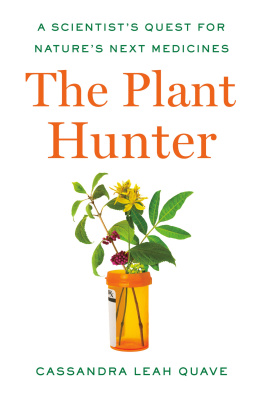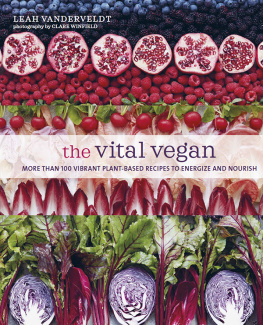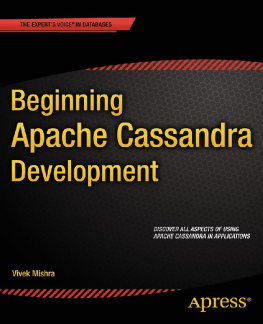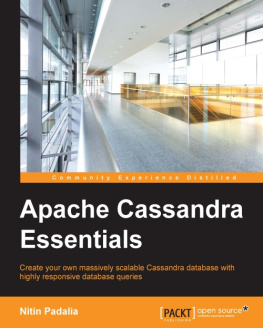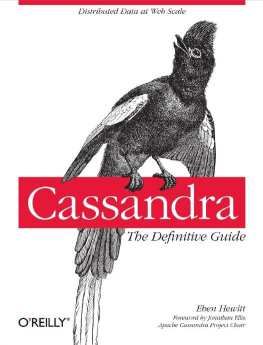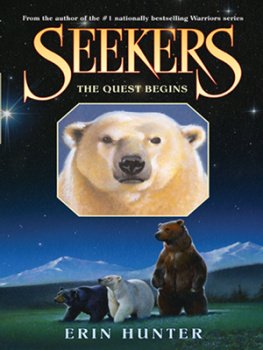Cassandra Leah Quave - The plant hunter : a scientists quest for natures next medicines
Here you can read online Cassandra Leah Quave - The plant hunter : a scientists quest for natures next medicines full text of the book (entire story) in english for free. Download pdf and epub, get meaning, cover and reviews about this ebook. year: 2021, genre: Non-fiction. Description of the work, (preface) as well as reviews are available. Best literature library LitArk.com created for fans of good reading and offers a wide selection of genres:
Romance novel
Science fiction
Adventure
Detective
Science
History
Home and family
Prose
Art
Politics
Computer
Non-fiction
Religion
Business
Children
Humor
Choose a favorite category and find really read worthwhile books. Enjoy immersion in the world of imagination, feel the emotions of the characters or learn something new for yourself, make an fascinating discovery.
- Book:The plant hunter : a scientists quest for natures next medicines
- Author:
- Genre:
- Year:2021
- Rating:5 / 5
- Favourites:Add to favourites
- Your mark:
- 100
- 1
- 2
- 3
- 4
- 5
The plant hunter : a scientists quest for natures next medicines: summary, description and annotation
We offer to read an annotation, description, summary or preface (depends on what the author of the book "The plant hunter : a scientists quest for natures next medicines" wrote himself). If you haven't found the necessary information about the book — write in the comments, we will try to find it.
The plant hunter : a scientists quest for natures next medicines — read online for free the complete book (whole text) full work
Below is the text of the book, divided by pages. System saving the place of the last page read, allows you to conveniently read the book "The plant hunter : a scientists quest for natures next medicines" online for free, without having to search again every time where you left off. Put a bookmark, and you can go to the page where you finished reading at any time.
Font size:
Interval:
Bookmark:
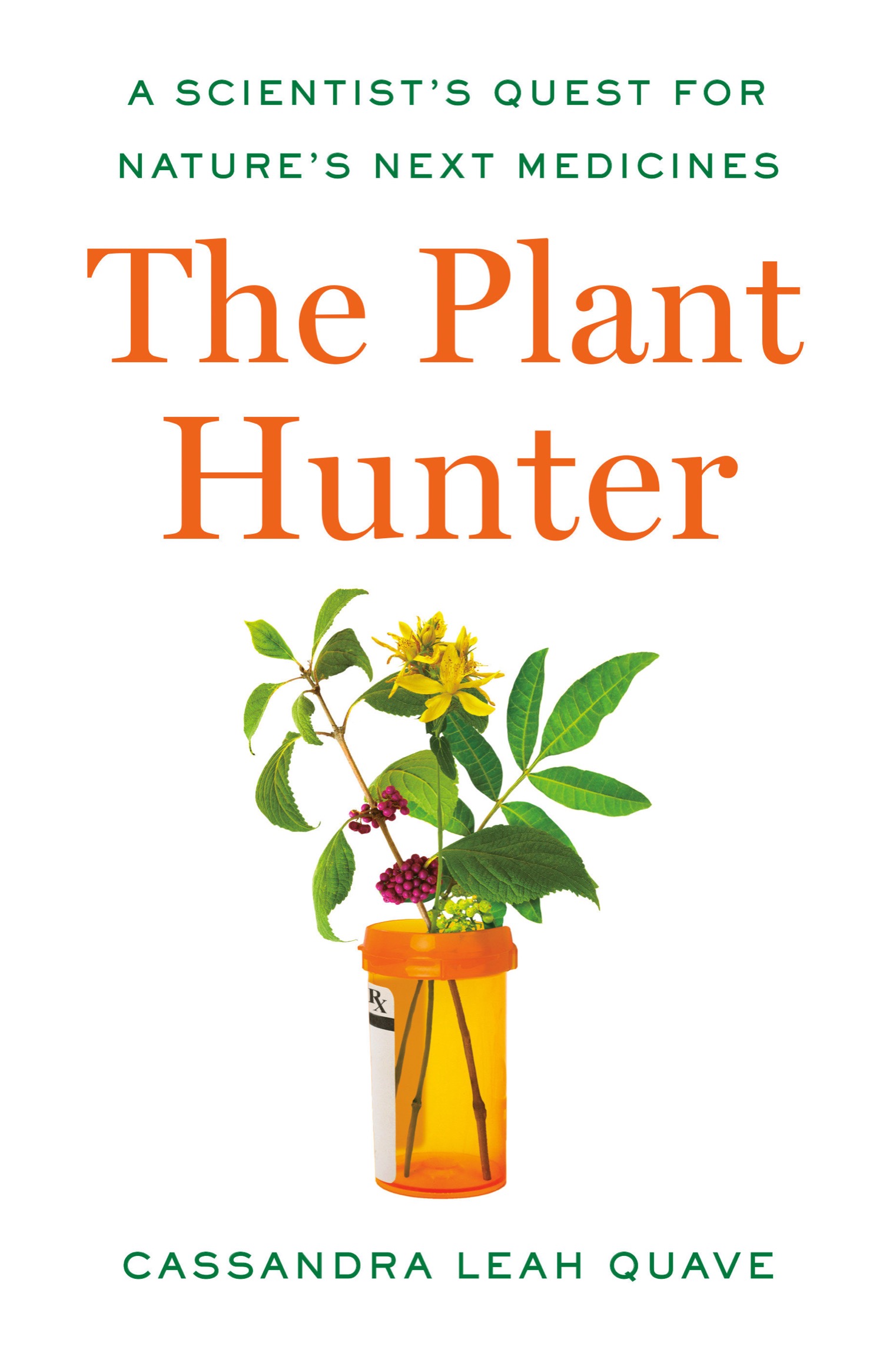
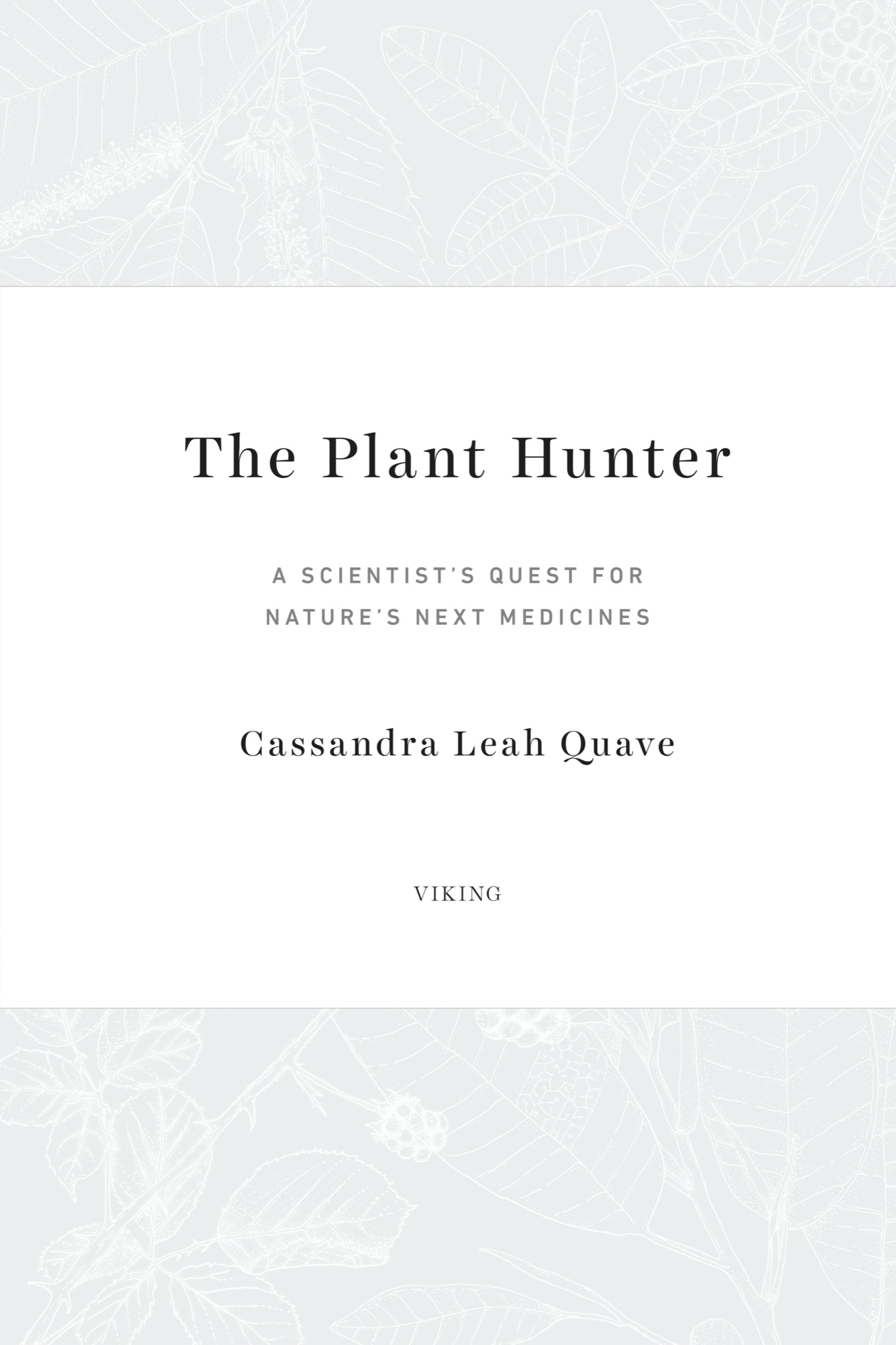
VIKING
An imprint of Penguin Random House LLC
penguinrandomhouse.com
Copyright 2021 by Cassandra Leah Quave
Penguin supports copyright. Copyright fuels creativity, encourages diverse voices, promotes free speech, and creates a vibrant culture. Thank you for buying an authorized edition of this book and for complying with copyright laws by not reproducing, scanning, or distributing any part of it in any form without permission. You are supporting writers and allowing Penguin to continue to publish books for every reader.
Illustrations on Dr. Tharanga Samarakoon. Used with permission.
Species featured on the cover include American beautyberry (Callicarpa americana), St. Johns wort (Hypericum perforatum), and Brazilian peppertree (Schinus terebinthifolia).
library of congress cataloging-in-publication data
Names: Quave, Cassandra Leah, author.
Title: The plant hunter : a scientists quest for natures next medicines / Cassandra Leah Quave.
Description: [New York City] : Viking, 2021. | Includes bibliographical references and index.
Identifiers: LCCN 2021011104 (print) | LCCN 2021011105 (ebook) | ISBN 9781984879110 (hardcover) | ISBN 9781984879127 (ebook)
Subjects: LCSH: Quave, Cassandra Leah. | Medical botanistsUnited StatesBiography. | People with disabilitiesUnited StatesBiography. | Medicinal plants. | Ethnobotany.
Classification: LCC QK99.U6 Q38 2021 (print) | LCC QK99.U6 (ebook) | DDC 581.6/34dc23
LC record available at https://lccn.loc.gov/2021011104
LC ebook record available at https://lccn.loc.gov/2021011105
Cover design: Jonathan Bush
Cover images: (pill bottle) Robert Arthur Designs / Shutterstock; (plants) Getty Images
Designed by Cassandra Garruzzo, adpated for ebook Cora Wigen
Neither the publisher nor the author is engaged in rendering professional advice or services to the individual reader. The ideas, procedures, and suggestions contained in this book are not intended as a substitute for consulting with your physician. All matters regarding your health require medical supervision. Neither the author nor the publisher shall be liable or responsible for any loss or damage allegedly arising from any information or suggestion in this book.
pid_prh_5.8.0_c0_r0
For the knowledge keepers and the wisdom seekers who delight in natures beauty and revel in its complexity
Throughout the book, I discuss my experiences in working with traditional healers and different systems of medicine. I also discuss specific uses of certain botanical ingredients. Plants have many nameseven when being referred to in the same language. To avoid confusion over the common names of plants, Ive also included their scientific names (genus, species, and family). An index of botanical nomenclature is included at the end of the book.
I have tried to re-create events, locales, and conversations from my memories of them. In order to maintain their anonymity, in some instances, Ive changed the names of individuals and places, and in others, I may have altered some identifying characteristics and details such as physical properties, occupations, and places of residence.
The information presented in this book is not intended as a substitute for the medical advice of physicians. Readers should consult a physician in matters relating to their health and particularly with respect to any symptoms that may require diagnosis or medical attention.
In a wet grassy pasture bordering the swamplands of Florida, I stood with my team of six students, surveying what would be our work site for the morning. Wed all woken up early and driven the twenty miles into the countryside as dawn began to throw its rays over the swamp. This was the latest of many expeditions I had led for the students working out of my lab at Emory University in Atlanta, Georgia. Our mission: find plants.
The field was filled with invasive weedsexplosions of spiny soda apple (Solanum viarum, Solanaceae) with their hard, yellow fruits and prickly leavesand clusters of the native feathery dogfennel (Eupatorium capillifolium, Asteraceae) that waved in the wind as if to greet us. Fifteen feet away, the green field turned to black muck, where a long stand of cypress trees, their knobby knees poking out from the water, stood as wizened sentries to the swamp. I stared at the scene a moment longer, wiping my brow. I hadnt even started to work and I was sweating like a pack mule in this April humidity.
As a professor and the herbarium curator at Emory, Im dedicated to the discovery of new medicines derived from plants. My students and I were out in this swampland to collect some one hundred different plant species over the next two weeks; then wed bring them all back to my lab to study. Wed spent the previous three months preparing for this trip, combing through historical records of Native American plant use, creating a customized field guide of the medicinal plants and their applications complete with identifying photos, and planning all of the logistical elements required of an intensive scientific expedition.
Finally, we were ready to go.
Wait! I said. Lets change into tall boots.
Never underestimate Florida muck.
The students pulled on mud boots while I sat on our trucks tailgate. It would take me a little longer than them to get ready. Born with multiple congenital defects of my skeletal system, Ive been immersed in medicine and science, in one form or another, right from the start. Ive been subjected to scores of surgeries, beginning with an amputation just below my knee at the age of three, which have given me the ability to walk, using various models of prosthetic legs. Today, I wore my most stripped-down versiona metal pylon connecting the stump below my knee to a rubber foot shell. The prosthetic ankle didnt bend, making it almost impossible for me to put on a normal boot. Luckily, my handy husband, Marco, had installed a zipper down the back of this particular boot, so slipping it on was relatively simple. Once I was booted up, I checked the gear strapped to my army utility belta bowie knife, a set of pruning clippers called secateurs, a Japanese hori-hori digging knife, a handheld radio, and a .357 Smith & Wesson pistol.
We werent there to hunt wildlife, but I knew better than to trespass on gator territory without a form of defense. My pistol was loaded with hollow points, the safety on. Few people are well acquainted with real Florida ecosystemsthe inland swamps and wetlands where a picnic by the water can end with you becoming the mealbut this wild, dangerous, untouched part of the state was where I grew up.
Each student was equipped with handheld radios, clippers, and shovels. They spread out in pairs along the swamps edge, entering from different angles like a big pack of wolves hunting down prey. I sent two of them off opposite our group toward the creek to wade through the shrubbery and tall grasses in search of the elusive blackberry bush, while the rest of us entered the swamp head-on.
Kim, an energetic young woman whod been with the lab for a year now, was the first student to call me over. I used my hiking stick to help me slog through the rough terrain, my boots slurping and squelching in the muck. She pointed to a small herb, about a foot tall, with clusters of dainty white flowers along its distal stalk. Hello, gorgeous, I said, touching it with my fingertips. I flipped through the pages of our field guide to confirm my hunch.
Font size:
Interval:
Bookmark:
Similar books «The plant hunter : a scientists quest for natures next medicines»
Look at similar books to The plant hunter : a scientists quest for natures next medicines. We have selected literature similar in name and meaning in the hope of providing readers with more options to find new, interesting, not yet read works.
Discussion, reviews of the book The plant hunter : a scientists quest for natures next medicines and just readers' own opinions. Leave your comments, write what you think about the work, its meaning or the main characters. Specify what exactly you liked and what you didn't like, and why you think so.

